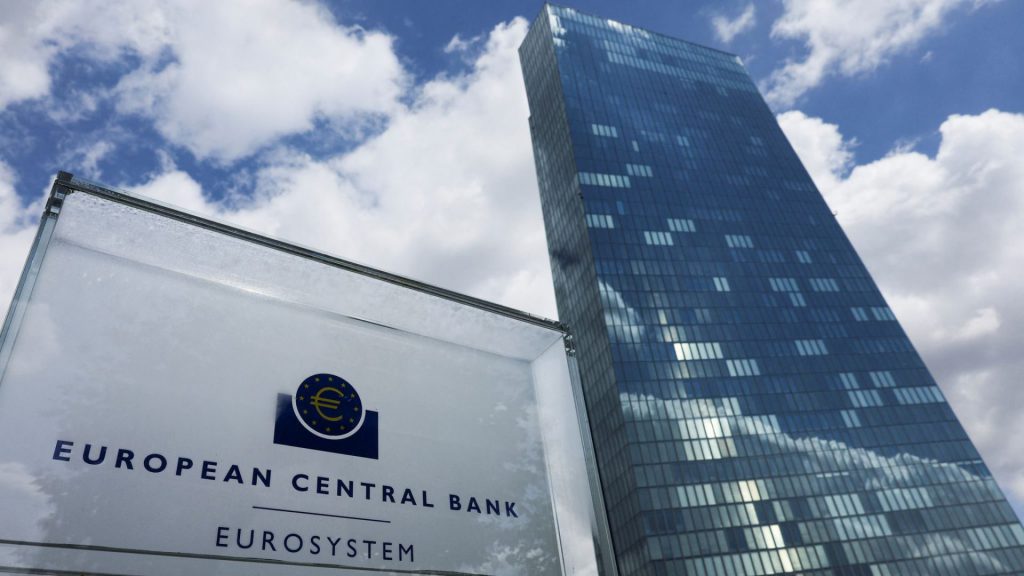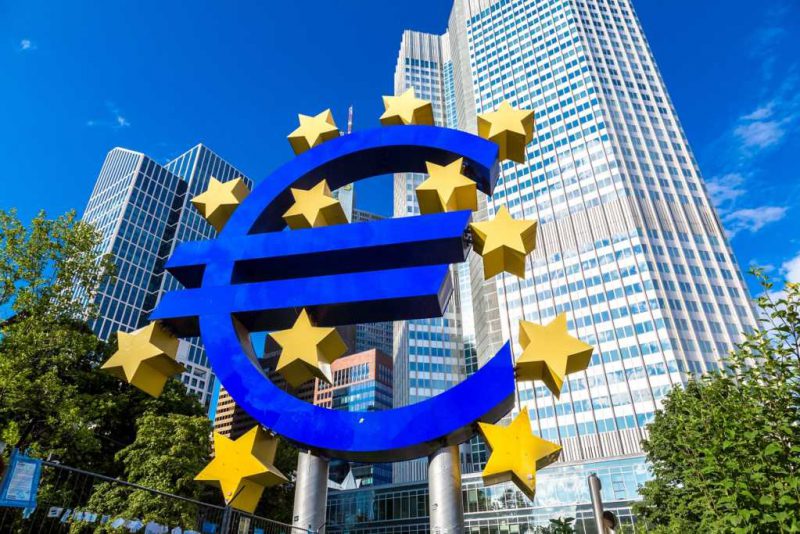The European Central Bank follows suit after a series of interest rate hikes by global central banks. The value of the euro against the dollar has been falling ever since this month’s first day. For the first time in nearly two decades, it was seen trading below $0.99 on Monday, though.
The latest interest rate hike by the European Central Bank is the largest the nation has ever witnessed. The announcement regarding the rate hike was made on Thursday. The soaring inflation and the necessity to bring it under control seem to be the criteria for the rate hikes.
European Central Bank predicts inflation to stay high
The ECB will increase rates “over the next several meetings,” according to bank president Christine Lagarde. This is because the bank predicts that inflation “is likely to stay above our target for a prolonged period.” Its first increase in 11 years was in July, which was a half-point hike.
Lagarde also estimates that the economy will substantially slow down over the rest of the year and also considers the energy prices to stay high. The massive interest raised by the bank is intended to make borrowing more expensive for individuals, businesses, and governments.


In theory, this will slow consumer spending and business investment while also bringing down rising consumer prices by lowering the demand for goods. The higher rates are believed to help bring down inflation as they raise the euro’s exchange rate against other currencies.
The Federal Reserve (Fed) also increased interest rates by 75 basis points in a July announcement in an effort to combat inflation.
The decision to raise rates was followed by soaring inflation in an effort to lessen the burden on the economy and the people’s financial situation. The decision shows the Fed’s sincere efforts to combat rising inflation, which reached 9.1%, the highest level ever registered in the previous 40 years.





